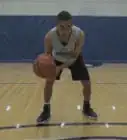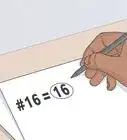This article was co-authored by Ryan Tremblay. Ryan Tremblay is a Basketball Coach and the Owner of National Sports ID and STACK Basketball. With over 30 years of experience, Ryan specializes in basketball coaching, social media marketing, and website design. Ryan created the National Sports ID as a platform to verify the age/grade of youth athletes and STACK Basketball to inspire young athletes to grow into mature individuals and basketball players. Ryan was a First Team All-Decade basketball player in Bergen County and finished in the top 20 all-time leading scorers in the county’s history with 1,730 points. He went on to Caldwell University on a basketball scholarship where he was part of three championship teams. Ryan was a two-time All-Metropolitan, All-State, and All-Conference point guard and the all-time three-point leader in the school’s history, landing him in the Caldwell University Athletic Hall of Fame.
There are 10 references cited in this article, which can be found at the bottom of the page.
wikiHow marks an article as reader-approved once it receives enough positive feedback. In this case, 90% of readers who voted found the article helpful, earning it our reader-approved status.
This article has been viewed 132,657 times.
Basketball is team game, and although the one scoring the points usually gets the limelight, the person assisting them is just as important. In fact, some of the best players in basketball history were people who could effectively pass the ball, like Magic Johnson who achieved an amazing 10,141 assists during his career in the NBA.[1] Much like dribbling and shooting, passing the ball is a fundamental part of basketball that you must master in order to become better. The most common passes you'll need to know are chest passes and overhead passes, although there are more advanced passes you can learn as well.[2]
Steps
Performing A Chest Pass
-
1Grip the ball on both sides with your fingertips pointed towards your chin. Put your fingers on each side of the ball with your thumbs behind the ball and your fingers spread apart. Your elbows should be in front of you and pointed towards the ground. Adjust your hips so they are squared up, and your knees are slightly bent.
- Pivoting will allow you to pass it to people who aren't directly in front of you.[3]
- Make sure to practice how to grip the ball, but don't hold it in front of you for a long time in a game because it can be easily stolen.
-
2Bring the ball towards your chest. Bend your elbows and make sure they are tucked in close to your body.[4] The ball should be close or touching your chest. Make sure to maintain the same grip on the ball. Find an open teammate and position your upper body to face towards them.
- You should have full control over the ball as you bring it towards your chest, and it should be safe from defenders.
- If you don't have a good grip, try putting your hands further apart on each side of the basketball.
Advertisement -
3Take a step with your dominant foot and throw the ball. Follow through to your teammate by fully extending your arms. Make sure as you throw the ball you rotate your wrists so your thumbs point down which adds rotation to the ball.[5] Try to achieve as little arc on the ball as possible as it's thrown. The more direct the pass is, the less a defender will be likely to intercept it.
- You should be throwing the pass into your teammate's chest, not at their head or feet.
- Try to throw the pass accurately and with power.
-
4Bounce the ball instead of throwing it in the air to perform a bounce pass. Though it may appear to be a different pass all together, a bounce pass is performed exactly the same way as a chest pass, except that you bounce the ball on the ground once before it reaches your teammate. To perform one, bounce the ball ½ to ¾ of the way from your teammate, and it's a great way to fake out your opponent.[6] The ball should bounce and then arrive somewhere around your teammates chest.
- Use a bounce pass if there is a defender between you and a teammate.
- This pass is slower than most passes, so make sure you are not too far away from your teammate if you use it or it may be intercepted.
Performing An Overhead Pass
-
1Put a hand on each side of the ball with your fingers spread apart. While some people prefer to throw an overhead pass with one hand, utilizing both of your hands will make it so you have more control over the ball. Make sure that your thumb is behind the ball and that your fingers are tightly gripping the sides.
- Use an overhead pass if there is a large distance between you and your teammate, if there is a potential for a break down the court, or you need to pass the ball over defenders' heads.[7]
- The grip you use on an overhead pass is the same as you'd use for a chest or bounce pass.
-
2Bring the ball up over your head. Lift the ball over your head so that your fingers are pointing towards the ceiling. Your elbows should be pointed forward, in front of you, with your legs slightly bent and your hips squared up. Make sure your dominant foot is slightly behind your other foot.
- Do not put the ball behind your head. This is the perfect opportunity for the opposing team to steal the ball from behind you.
- Make sure you have identified your target before bringing the ball up over your head.
-
3Step forward with your dominant foot and throw the ball. Release the ball by bringing your arms down and snapping your wrists forward.[8] Keep your elbows in, and aim for the chest of your target. If you need to really get the ball far down the court, a large arc on the ball is good, especially because you want to keep it over defenders heads. If you are closer to your teammate you should limit the arc because it can be easily stolen by a defender.
- The bigger your step, the more power you put into your pass.
- For more accuracy, use your wrists, as opposed to your arms.
Doing Advanced Passes
-
1Throw an overhead pass with one hand for a baseball pass. A baseball pass is used if you want to throw the basketball far down the court to an open teammate. Take the basketball in on hand and bring it slightly behind your head, above your shoulder. Step with your non-dominant foot and throw with your dominant hand, much like you would with a baseball.
- Baseball passes can easily be knocked out of your hand because you do not have full control over the ball.
- Only use a baseball pass if you really need your basketball to go the extra distance.
-
2Throw a pass as the ball comes up from a dribble for a dribble pass. One of the drawbacks from a traditional overhead or chest pass is that you need to set up for the passes which gives the defender a clue on what you are doing. Dribble passes are ones that are made by transitioning from dribbling right into a pass without setting up for a chest or overhead pass. As your ball comes up when you are dribbling, instead of holding it and setting up, push the ball toward your teammate as it is coming up from the ground.
- You do not have much control with this pass, so make sure to practice it before trying it in a game.
- Step forward and follow through just as you would with any other pass. The foot you are stepping forward with should be on the same side of your body as the hand you're throwing the pass with.
-
3Toss the ball from behind your back for a behind-the-back pass. A behind-the-back pass is thrown by gripping the ball in one hand and wrapping your arm around your back. This is one of the most difficult passes to throw, and should only be used if you practice it enough. Square your hips as you normally would with one leg forward. Using the arm on the same side, bring the ball behind your back and snap your wrist so the pass gets distance.
- Don't look at the teammate you plan on passing it to or else you will give yourself away, and the defender may know your attempting to throw a behind-the-back pass.[9]
- This is a pass that's used if there's a defender that is right in your face.
- It is harder to control the accuracy of this pass since it's being performed behind your back, so you may turn the ball over.
Expert Q&A
Did you know you can get expert answers for this article?
Unlock expert answers by supporting wikiHow
-
QuestionWhat are the different ways to pass a basketball?
 Ryan TremblayRyan Tremblay is a Basketball Coach and the Owner of National Sports ID and STACK Basketball. With over 30 years of experience, Ryan specializes in basketball coaching, social media marketing, and website design. Ryan created the National Sports ID as a platform to verify the age/grade of youth athletes and STACK Basketball to inspire young athletes to grow into mature individuals and basketball players. Ryan was a First Team All-Decade basketball player in Bergen County and finished in the top 20 all-time leading scorers in the county’s history with 1,730 points. He went on to Caldwell University on a basketball scholarship where he was part of three championship teams. Ryan was a two-time All-Metropolitan, All-State, and All-Conference point guard and the all-time three-point leader in the school’s history, landing him in the Caldwell University Athletic Hall of Fame.
Ryan TremblayRyan Tremblay is a Basketball Coach and the Owner of National Sports ID and STACK Basketball. With over 30 years of experience, Ryan specializes in basketball coaching, social media marketing, and website design. Ryan created the National Sports ID as a platform to verify the age/grade of youth athletes and STACK Basketball to inspire young athletes to grow into mature individuals and basketball players. Ryan was a First Team All-Decade basketball player in Bergen County and finished in the top 20 all-time leading scorers in the county’s history with 1,730 points. He went on to Caldwell University on a basketball scholarship where he was part of three championship teams. Ryan was a two-time All-Metropolitan, All-State, and All-Conference point guard and the all-time three-point leader in the school’s history, landing him in the Caldwell University Athletic Hall of Fame.
Basketball Coach
-
QuestionHow do I do a behind-the-back pass?
 Community AnswerDo a slight squat, and then swing or flick the ball behind your back.
Community AnswerDo a slight squat, and then swing or flick the ball behind your back.
Warnings
- Make sure the person you're passing to knows you're passing it to them! Pass only when you see their eyes are on the ball and their hands ready to catch.⧼thumbs_response⧽
References
- ↑ http://www.basketball-reference.com/players/j/johnsma02.html
- ↑ Ryan Tremblay. Basketball Coach. Expert Interview. 13 November 2020.
- ↑ http://www.coachesclipboard.net/Footwork.html
- ↑ https://www.stpaul.gov/DocumentCenter/View2/69606.pdf
- ↑ https://www.breakthroughbasketball.com/fundamentals/passing.html
- ↑ http://www.teachpe.com/basketball/passing/bounce_pass.php
- ↑ http://www.teachpe.com/basketball/passing/overhead_pass.php
- ↑ http://news.bbc.co.uk/sport2/hi/other_sports/basketball/4184124.stm
- ↑ http://www.teachpe.com/basketball/passing/behind_the_back_pass.php
- Videos provided by ILoveBasketballTV

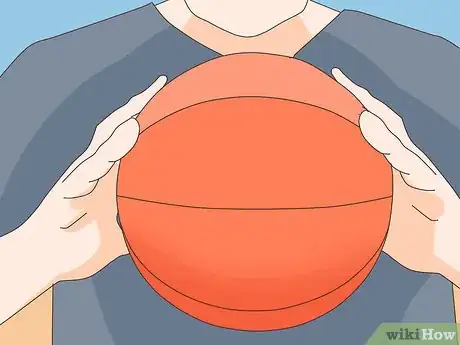
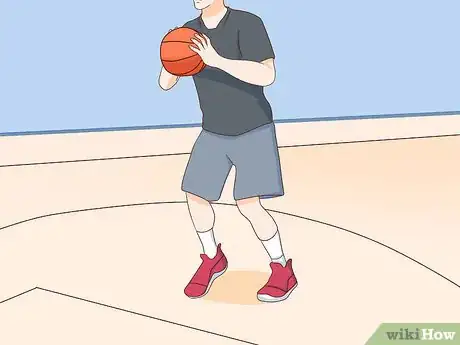
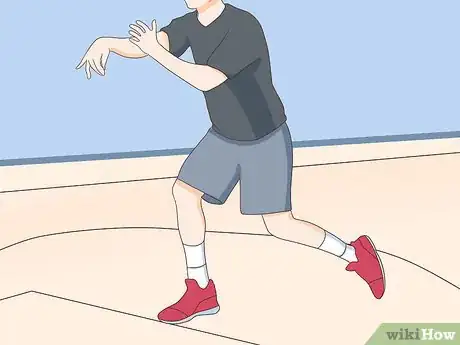
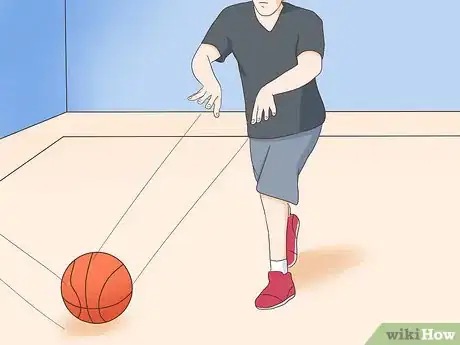
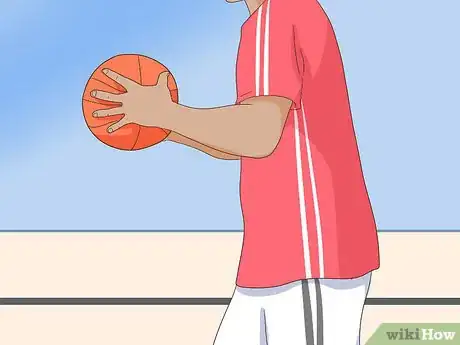
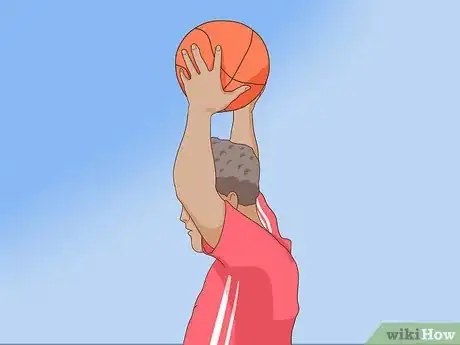
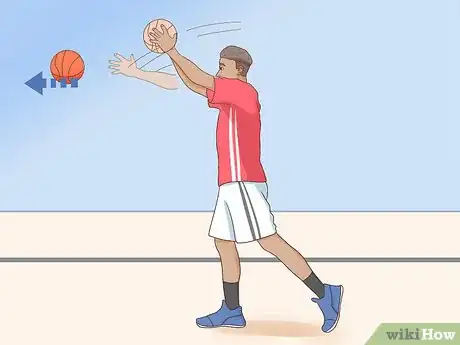
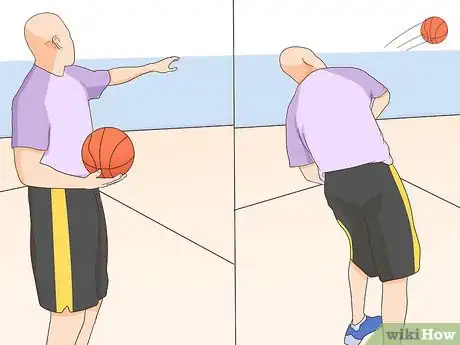
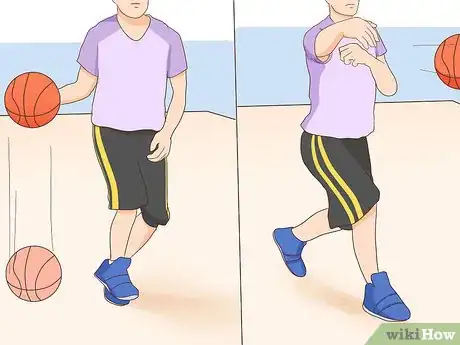
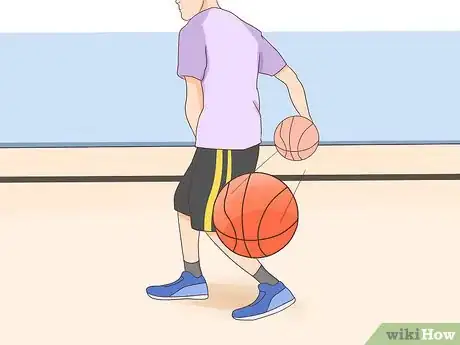
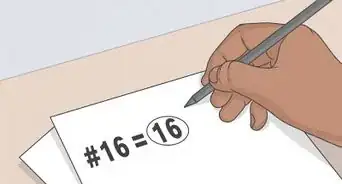
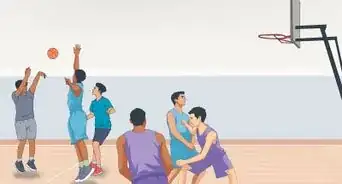
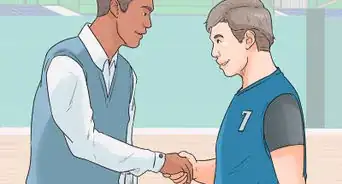
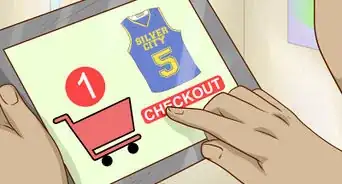
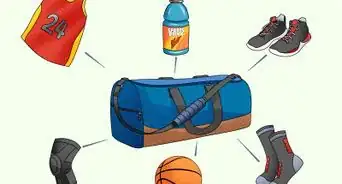
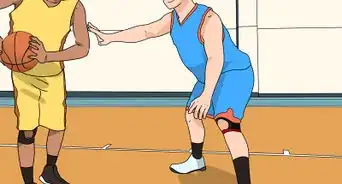
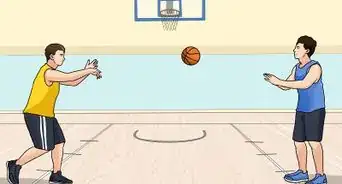
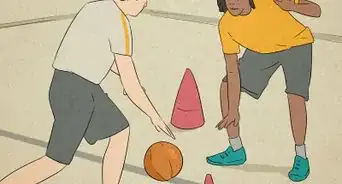
-Step-12.webp)









